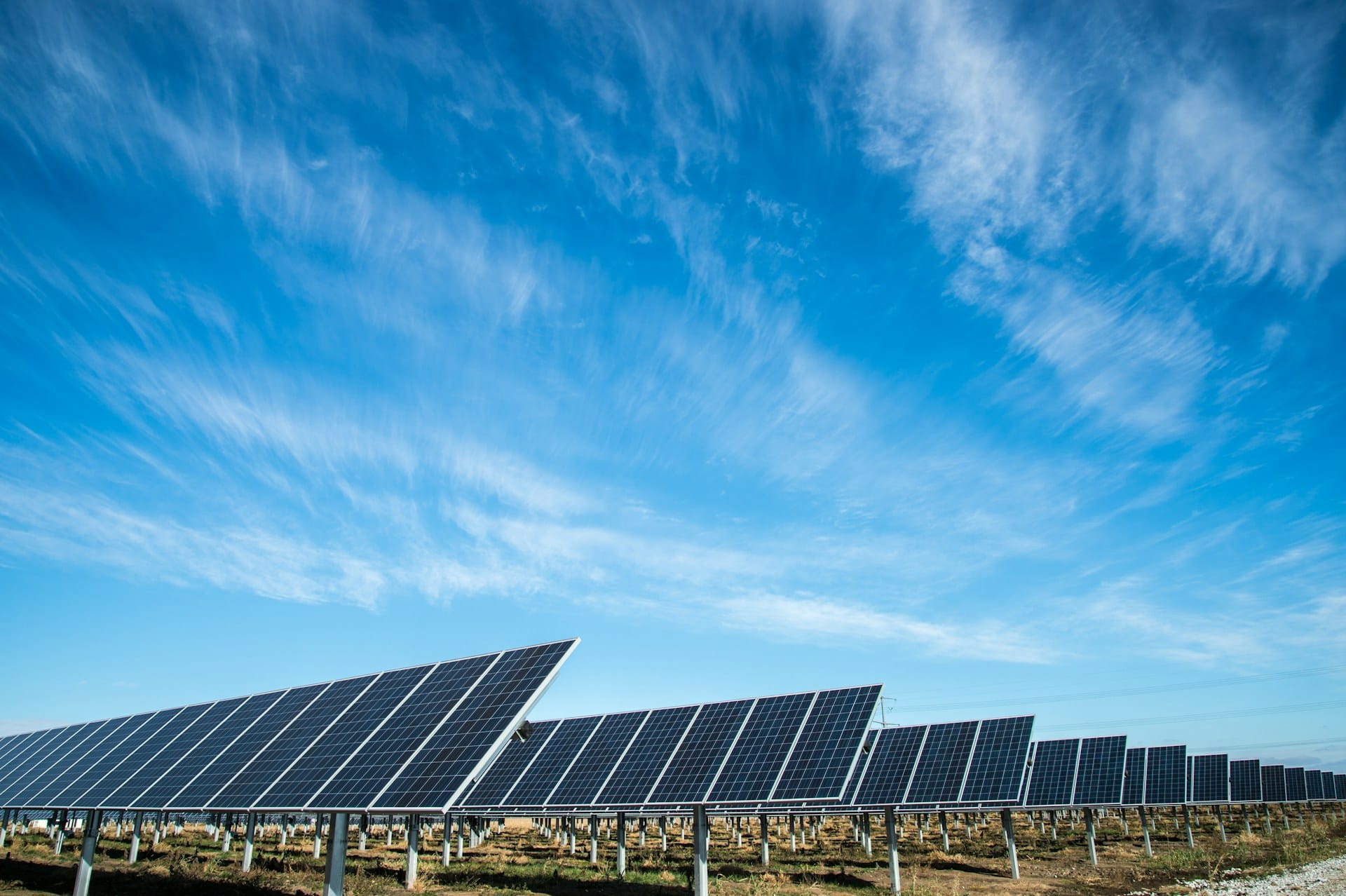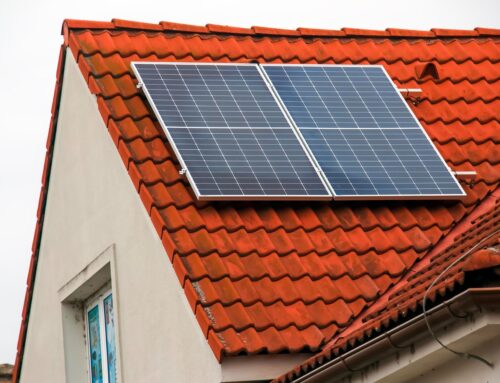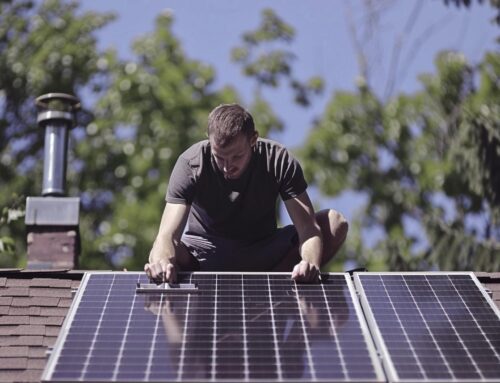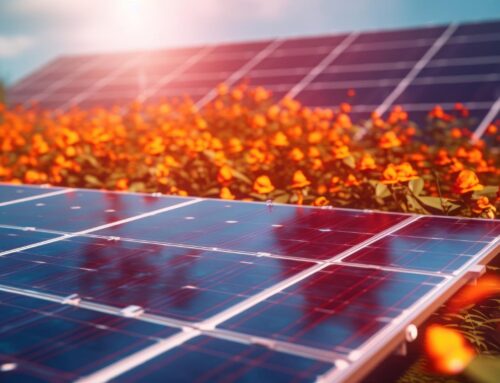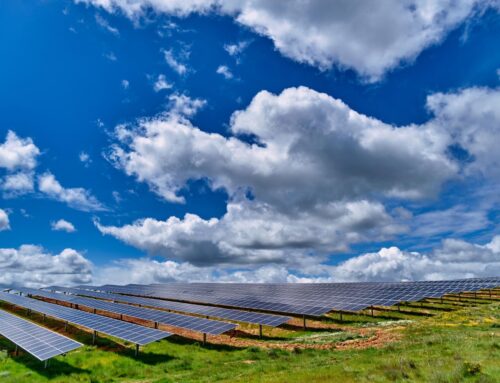More Adelaide homeowners are switching to solar, not just to cut down their bills but to take back control of rising power costs. But when you’re shopping around for a solar solution, it’s not always easy to know what separates one panel from another. Some panels might look the same on a roof, but what matters is how they’re built and how well they perform, especially under pressure. That’s where proper testing comes in.
Solar panel testing standards might not sound exciting, but they make a big difference in how your system will run over time. These testing processes exist to make sure the panels actually do what they claim to do, through every kind of weather Adelaide can throw at them. Understanding how solar panels are tested helps homeowners make more informed choices, especially if you’re relying on your system to save money long term and avoid unexpected issues down the line.
Why Solar Panel Testing Is Important
When it comes to solar panels, performance isn’t just about what they can do on a sunny day. True performance means consistent output across years through heatwaves, storms and anything else an Adelaide rooftop might face. Solar panel testing plays a big role in making sure that your system won’t just work, but will work well over time.
Here’s why these tests matter:
– Long-term performance and savings: Panels that pass tough tests are more likely to produce energy efficiently over the years. That means lower power bills without the worry of early replacements.
– Survival in Australian conditions: Adelaide roofs cop their fair share of sun, wind and the occasional extreme weather shift. Some panels are tested against impacts such as hail to make sure they won’t crack or fail when it matters most.
– Material safety and sourcing: Testing isn’t just about performance. It also covers where and how solar panels are made. Choosing panels that are free of toxic materials and come from ethical supply chains matters more than ever.
Let’s say you live in the foothills and your roof gets plenty of sun but also sees heavy rain and strong gusts. A panel that hasn’t been properly tested might degrade faster, and you could see uneven output or even system failure. On the other hand, a well-tested panel will stand up to Adelaide’s climate without skipping a beat.
For those weighing up options, understanding what testing ensures can help narrow down choices, especially if you don’t want to second-guess your investment in a few years.
Key Testing Standards For Solar Panels
Solar panels go through several key tests before they earn certification. These aren’t marketing slogans. They are part of international guidelines, often done by independent labs. Knowing what these tests involve can help you spot real quality when you’re thinking about solar panel installation for your Adelaide home.
Here are three of the most common standards used in the industry:
1. IEC Standards (International Electrotechnical Commission)
These are global standards that check how panels perform under both everyday and extreme conditions. One common test, IEC 61215, looks at how panels cope with high temperatures, humidity, and mechanical stress. It takes the guesswork out by showing how the panel will probably behave for the next couple of decades.
2. Temperature Coefficient Testing
Solar panels tend to work best at cooler temperatures. This test looks at what happens when things heat up. In the Adelaide sun, a panel with poor heat resistance may lose efficiency. Temperature coefficient tests highlight which panels can hold their output under stifling conditions.
3. UV Degradation Testing
Sunlight powers solar systems, but UV rays also wear materials down over time. These tests check how well materials used in solar panels hold up against long-term UV exposure. Yellowing and fading are signs of panels that can’t take it. UV testing helps ensure your panels look good and stay efficient for the long haul.
When shopping for a system, it helps to ask your installer what standards the panels have passed. If they’ve been through these core tests, it’s a good sign the panel is built for the long term. Always look for third-party certifications. They carry more weight than claims made in a sales brochure.
Comparing Certified Panels
When you’re considering solar panels for your home in Adelaide, not all panels are created equal. Certified panels go through careful testing processes so they meet strict performance and durability expectations. This makes them a smarter choice for your budget and long-term energy plans.
Take SunPower, for example. Their panels are often seen as the benchmark for rigorous testing. Their testing process checks performance in all kinds of stress conditions, from temperature extremes to serious hail impact. These panels are designed not just to work, but to keep working reliably over time.
Benefits of choosing certified panels include:
– Proven Performance: Certified panels go through tests that show how well they work over time. Performance is consistent, not just at installation but years down the track.
– Durability: These panels are designed to last through heavy storms, scorching sun and high winds. They are built to handle what South Australian weather throws at them.
– Quality Assurance: Certification is a sign that a panel was made with higher-quality materials under strong manufacturing standards. You’re not just taking someone’s word for it. You’ve got test results to back it up.
Third-party lab test comparisons can also give insight into how different brands hold up. Often, you’ll get access to detailed reports on stress testing, temperature tolerance and efficiency over time. That kind of transparency helps you feel more confident about your decision. On top of that, certified panels usually come with better warranties, which can protect your solar investment for years to come.
What Homeowners Should Look for in Solar Panel Tests
When you’re weighing your solar choices, there’s more to it than just what fits on your roof. Understanding testing and certification can help you avoid disappointment and make your solar investment really pay off.
Look out for these key things in your panel choice:
– Certification Labels: Real certifications matter. These are usually found on packaging or printed at the back of the panel. Check for assurance from global testing standards.
– Ethical Sourcing: Not all panels are made equal. Look for suppliers that avoid toxic materials and commit to ethical supply chains. That means no slavery, no child labour and safer materials.
– Long-term Warranties: The longer and clearer the warranty, the more faith the maker has in their product. Warranties covering both performance and build for 25 years are usually a strong sign.
These don’t just help you make an informed choice now, they make sure your system keeps delivering clean, reliable energy in the future. That’s peace of mind you can take to the bank.
Making the Right Choice for Your Adelaide Home or SME
Finding the right solar panel means more than picking the cheapest or flashiest option. You’re making a choice that affects your bills, your carbon footprint and the resilience of your energy supply for years to come.
Working with an experienced provider who understands testing standards and uses panels backed by strong certifications makes a big difference. Energy Buster helps Adelaide homeowners and small businesses choose smart solar solutions that last.
Here’s how to get started:
1. Ask your installer about the certification guidelines their panels follow.
2. Request lab test summaries if they’re available, especially around temperature, UV and impact standards.
3. Review the warranty paperwork before signing anything. Make sure it matches the promises made in the quote.
4. Find out where the panels are made and whether ethical sourcing was a factor.
These details can help you move forward with a system that’s built to save you money and reduce maintenance down the road.
Tested Panels Make a Smarter Solar Investment
Choosing high-quality panels tested to international standards may not sound exciting, but it’s one of the smartest choices you can make when planning a solar install. Panels that pass strong certification tests offer more than just peace of mind. They’re built to deliver better returns with fewer issues over time.
By picking tested and certified panels, you’re protecting not just your rooftop system, but your future savings. You’re also choosing suppliers who care about doing business the right way, with sustainable materials and responsible supply chains that benefit both people and the planet.
Next time you’re reviewing a solar quote or comparing different panel options, look beyond surface claims. Ask about the testing, where the panel was made and what kind of real-world performance you can expect. Being informed can help you avoid regrets while locking in a system built to last in Adelaide conditions.
Embracing the benefits of solar energy through a well-chosen system can transform your home into an efficient haven. If you’re keen on making a wise investment that ensures long-term savings and reliable power, consider starting with a professional solar panel installation. With Energy Buster’s expertise, you can enjoy peace of mind knowing your choice is both ethical and high-performing. Explore how you can boost your home’s energy efficiency with a focus on quality and performance today.

